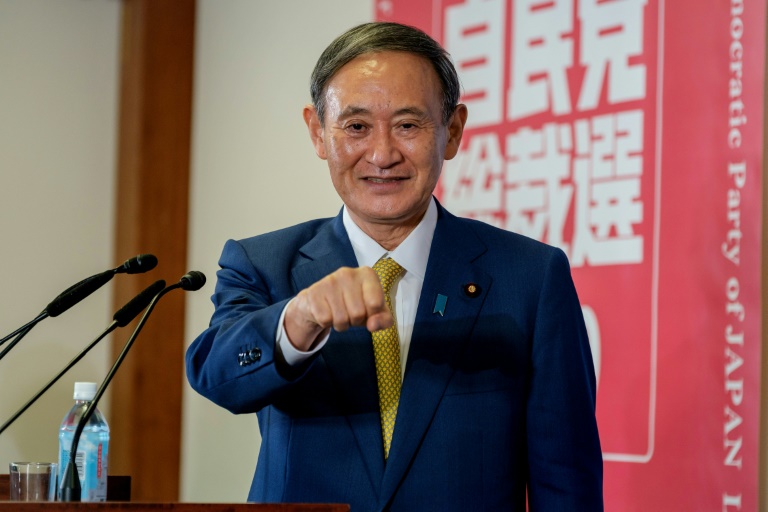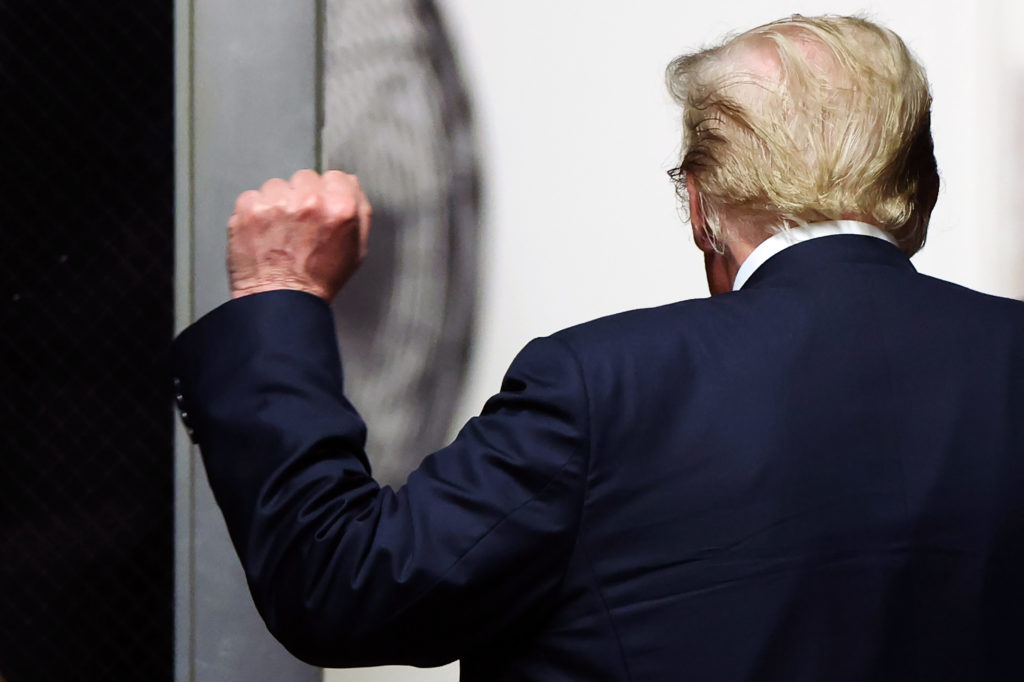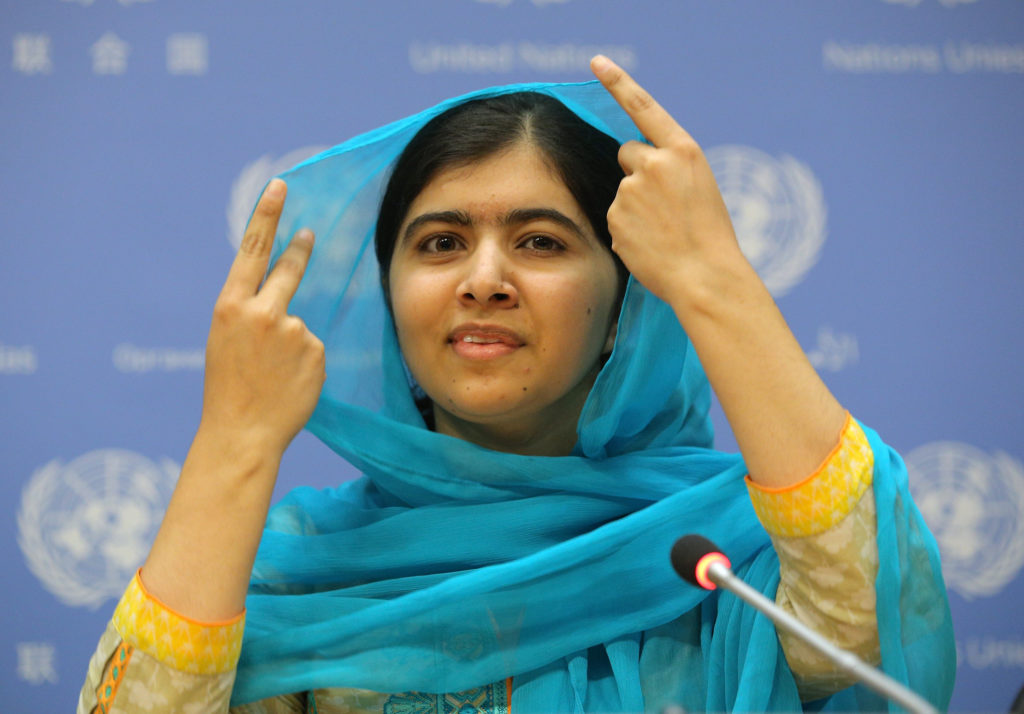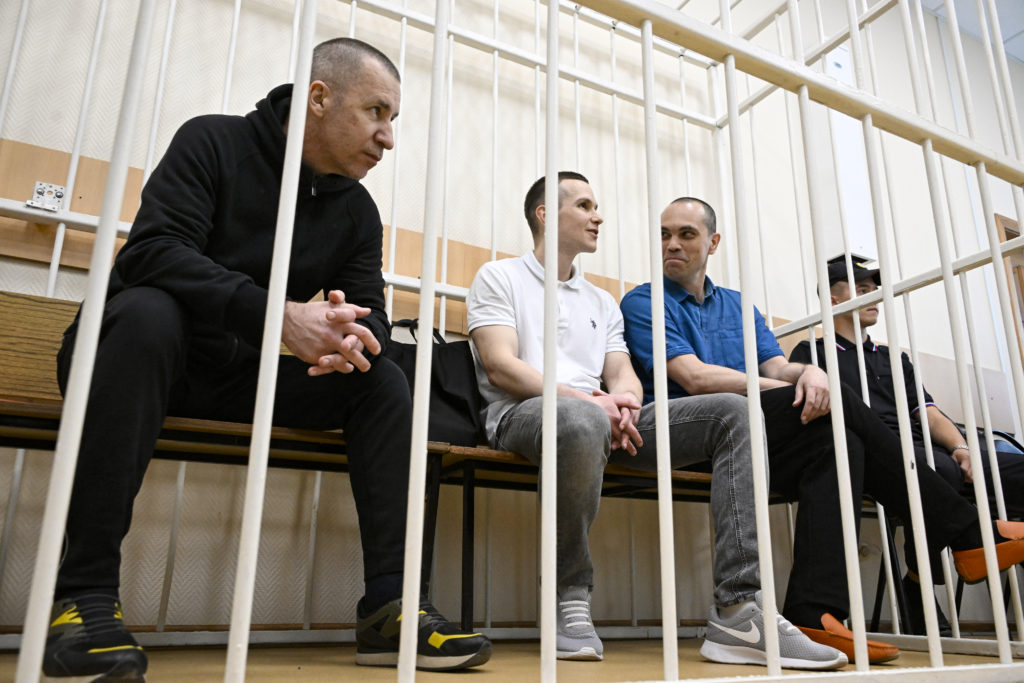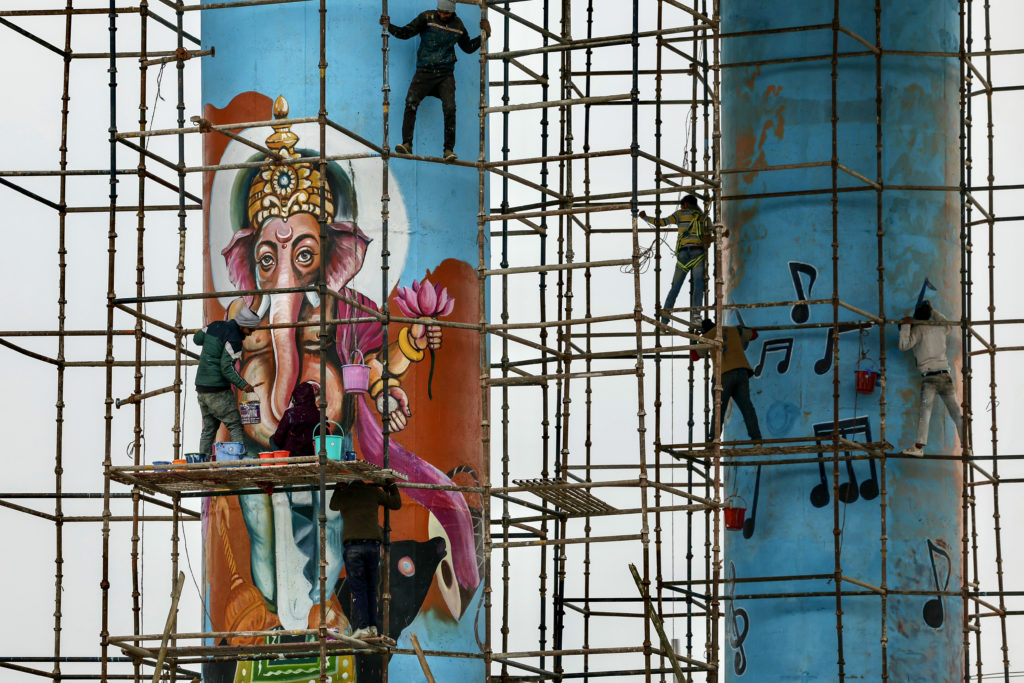He battled his way to the top of Japanese politics, but once Yoshihide Suga reached the prime minister’s office, his tenure was troubled and short-lived.
After just a year in office, the 72-year-old unexpectedly announced Friday he would not contest his party’s leadership race, effectively ending his time as prime minister.
The decision follows a difficult year for Suga, whose government has faced persistently low approval ratings over its handling of the coronavirus pandemic.
A farmer’s son with a reputation for inscrutability, Suga easily won an election among his party and parliament to take Japan’s top office in September 2020, after his predecessor Shinzo Abe stepped down over poor health.
After he took office, there was speculation that he could call a snap election to capitalise on what was then a healthy public approval rating.
But he decided not to, in a move that he perhaps came to regret as his approval soon began sliding and never recovered.
His tenure has been marked by repeated impositions of virus states of emergency and, recently, the worst virus wave yet seen in Japan.
He weathered repeated criticism over his response, with health experts arguing the measures his government took tended to be too little, too late.
When he became leader, there was reason to believe he could consolidate his popularity and — perhaps after a successful Olympics — win a convincing general election.
But a sluggish vaccine rollout and the repeated emergency measures, as well as continued opposition to the Games, eroded his chances.
Suga has also been criticised for routinely dodging tough questions and deflecting public criticism at press conferences.
– ‘Started from zero’ –
His election last year capped a career that saw him serve in several key political roles including chief cabinet secretary, which involves coordinating policy and bringing government agencies to heel.
He was the face of Abe’s government as its top spokesman, defending decisions in sometimes testy exchanges with reporters.
And though he regularly denied interest in the top job, soon after Abe announced he would resign, Suga emerged as the leading choice to succeed him.
He had earned a somewhat fearsome reputation for wielding his power to control Japan’s sprawling and powerful bureaucracy and help push through government policies.
“People think I’m terribly scary, especially bureaucrats,” he said during a leadership debate.
“But I’m very kind… to those who work seriously.”
The son of a strawberry farmer and a schoolteacher, Suga was raised in rural Akita in northern Japan and put himself through college after moving to Tokyo by working at a factory.
He was elected to his first office in 1987 as a municipal assembly member in Yokohama outside Tokyo, and entered parliament in 1996.
He has made reference to his background before, saying he “started from zero”.
– 200 sit-ups a day –
A long-time backer of Abe, Suga pushed him to stand for a second term despite his disastrous first run in office, which ended after just a year.
After Abe defied the odds and returned to power in 2012, Suga is said to have helped him push through several landmark policies, including a loosening of restrictions on foreign workers.
His own political views remained something of a mystery before he took the top job.
Once prime minister, Suga set increasing digitalisation of the government as a top priority, and upped Japan’s climate commitments — setting a target of 2050 for carbon neutrality.
But in reality the pressures of the virus response left little room to work on much else.
His rather anodyne image got something of a reboot in 2019, with the declaration of a new imperial era to mark the ascent to the throne of Emperor Naruhito.
It was Suga who held up the framed, hand-painted characters announcing the much-awaited name for the era: Reiwa.
He allowed only occasional glimpses into his personal life, with his wife and three children far from the spotlight.
But he revealed in interviews that he bookends his day with 100 sit-ups in the morning and 100 in the evening, and has a weakness for pancakes.
“Since I don’t drink alcohol at all and I have said I like sweets like pancakes, my image has changed a lot,” he once lamented.
“But actually, I want people to say, ‘He is scary when it comes to his job.'”

